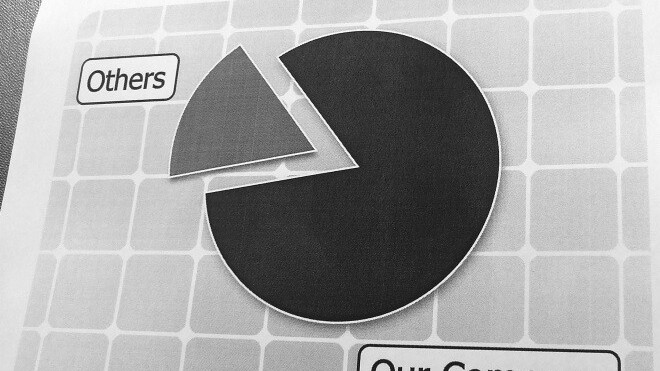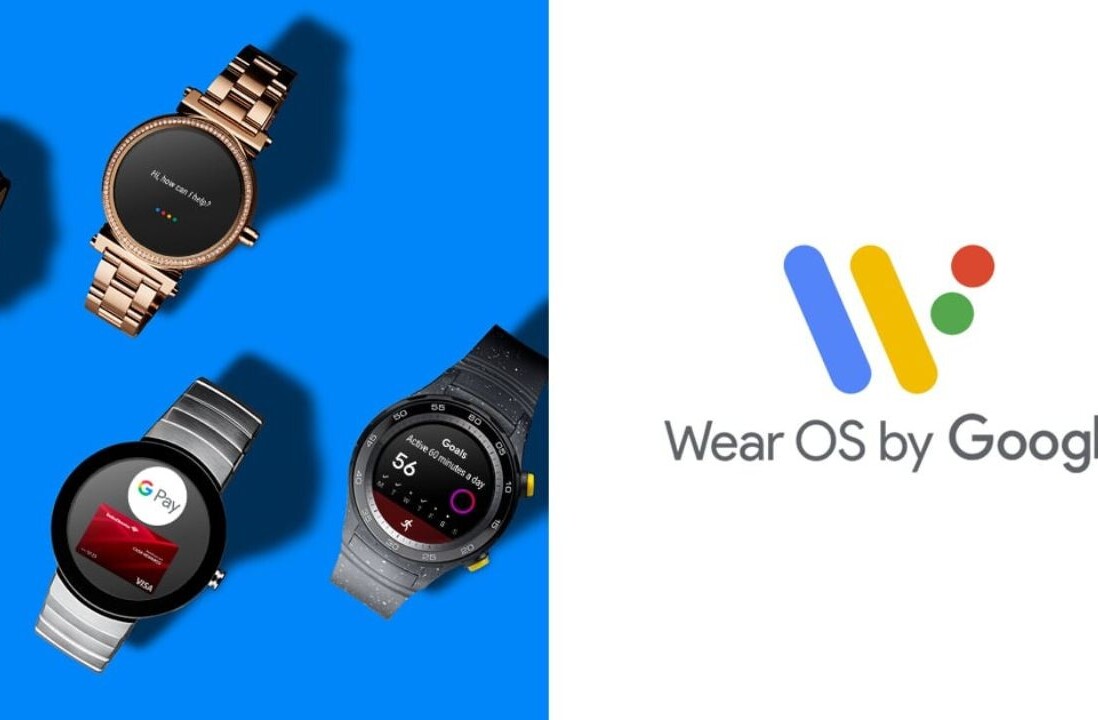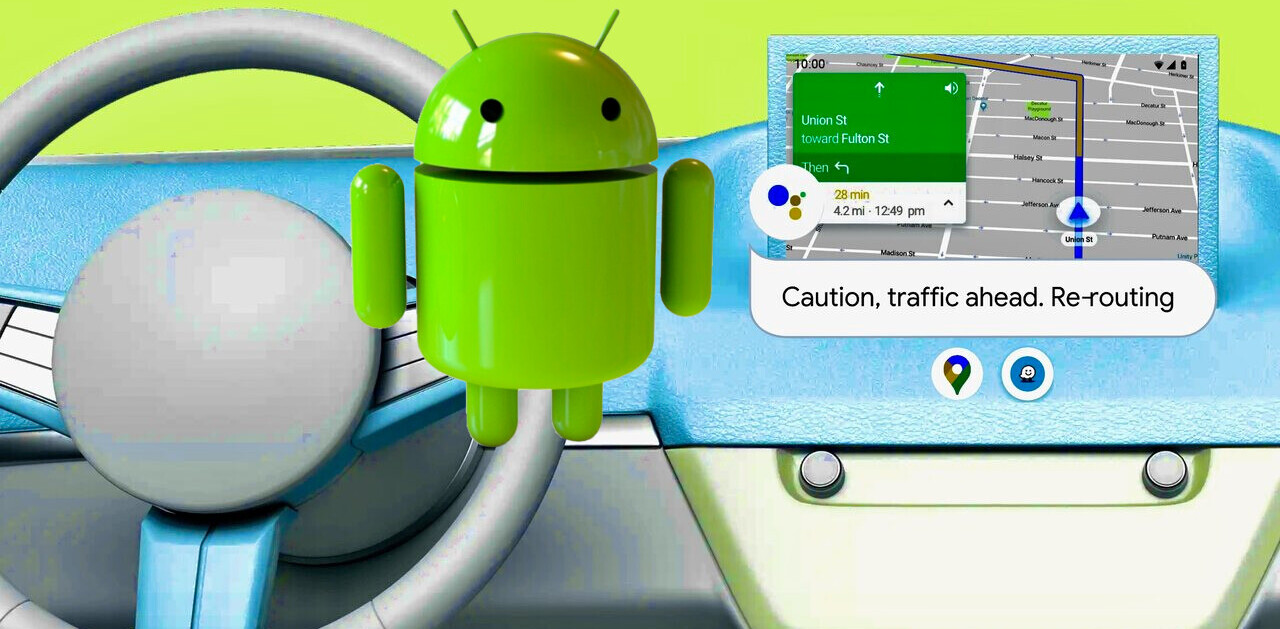
Google’s Android managed to grab exactly 75.0 percent market share in the third quarter of 2012. Rounding out the top three smartphone operating systems were iOS at 14.9 percent and BlackBerry at 4.3 percent.
The latest numbers come from IDC, which summarized its findings in the following chart:

IDC estimates total Android smartphone shipments worldwide reached 136.0 million units (a new record in a single quarter), meaning Google’s mobile operating system powers three out of every four of the 181.1 million smartphones that shipped last quarter.
This was possible thanks to Android’s 91.5 percent year-over-year growth (or 12.5 percentage points from the third quarter last year), which was nearly double the overall market growth rate of 46.4 percent. To put things further into perspective, Android’s total volume for the quarter was greater than the total number of smartphones shipped in all of 2007, the year that Android was officially announced.
Apple’s iOS was a distant second place to Android, but as IDC notes, it was the only other mobile operating system to see double-digit market share growth: it gained 1.1 percentage points when compared with the third quarter last year. The iPhone 5’s launch in the middle of the quarter, as well as lower prices on older models, ensured iOS’ continued gains.
RIM’s BlackBerry maintained third place, but its growing subscriber base did not help: the Canadian company’s market share continued to drop, falling 5.2 percentage points from the third quarter of 2011. For RIM, it all comes down to BlackBerry 10, which is slated to arrive next year, if the company is to recover and at the very least keep its bronze medal.
That leaves us with three more mobile operating systems to compare with the third quarter of 2011: Symbian, Windows Phone, and Linux. Symbian posted the largest year-on-year decline: 12.3 percentage points. Windows Phone, still behind Symbian despite Microsoft’s efforts, gained a minute 0.8 percentage points. Linux meanwhile lost 1.8 percentage points.
Predictions for Q4 2012 aren’t very difficult to make. Android will continue growing, although it won’t be due to any one device like the just-announced Nexus 4. I don’t expect it to pass the 80 percent mark before the end of the year.
The iPhone 5 and the iPad Mini will of course ensure that iOS solidify its second place spot. Passing the 15 percent mark is very likely, and given the holiday season, maybe even 20 percent is possible.
Given that RIM has no new devices planned for release 2012, I think it’s fair to say that BlackBerry will continue to lose share. The same goes for Symbian. This will leave an opening for Windows Phone to push into fifth place, and maybe even fourth, before the end of 2012.
Image credit: Dominik Gwarek
Get the TNW newsletter
Get the most important tech news in your inbox each week.





